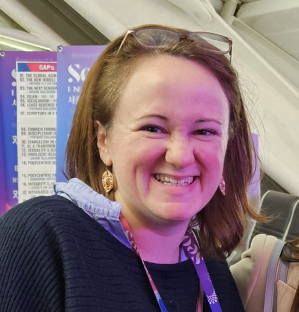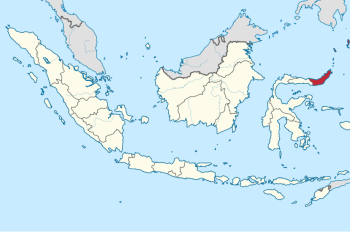
Lucy Kajidori, leader of the International Council of Evangelical Theological Education's (ICETE) Impact Team on Children and Families, spoke with Christian Daily International about the urgent need to integrate ministry to children more deeply into theological education. She shared how the initiative began, what gaps exist, and what the group hopes to achieve.
Kajidori is an educator with experience in intercultural ministry and development. She has an MTh from the University of Oxford, UK, and is a PhD candidate at Fuller Theological Seminary, California, USA, where she is researching local and contextual theologies of children. She also serves as researcher of theology and practice for the Viva Network, a Christian NGO working with children internationally.
CDI: Lucy, thanks for speaking with us. Could you share how your involvement with the ICETE Impact Team for Focus on Children began?
Kajidori: It really started with Dr. Michael Ortiz (ICETE Executive Director) and the ICETE leadership team. They’ve become deeply convinced that theological education hasn’t done enough to focus on the next generation, and they’ve made it a real priority now. So, they created three groups: one for the next generation, one for youth ministry, and one for children and families. I was invited to lead the group on children and families.
The key idea is that this isn’t just a token gesture—we’re trying to go deep and help theological education better serve churches that serve these groups.
CDI: What is the gap you see that needs to be addressed?

Kajidori: Well, half of the world’s population is under 18. Yet, if you look at theological training institutions, the vast majority offer no training on ministry to children or youth. And those that do often treat it as a very separate, specialist field—only for those training to be children’s pastors or youth workers.
But we would argue that every pastor, no matter their role, is going to be working with children, parents and grandparents in their church and community. We want to move away from seeing children as an “add-on” and instead recognize them as a core part of the church.
CDI: You mentioned earlier that many people come to faith at a young age. How does that impact your work?
Kajidori: Yes, we’ve learned from the 4–14 Window movement—led by Luis Bush and others—that more people come to faith between the ages of 4 and 14 than at any other life stage. So, if we want to be serious about mission and evangelism, then we have to be serious about ministry to children and youth.
That means pastors themselves need to be equipped to minister to young people, or at least to lead and support those who do. It’s a crucial moment in faith development.
CDI: What were some key takeaways from your group’s conversations this week?
Kajidori: Three main challenges stood out to us.
First, there’s a lack of collaboration. Seminaries, churches, families, and children’s ministries often work in silos. We want to be bridge-builders—connecting the dots between those groups.
Second, we noticed a real lack of locally developed curriculum and resources, especially ones designed for theological education that focus on children and young people. So we’ve created a subgroup in our impact team to work on resources and curriculum development.
And third, and perhaps the most difficult: there’s a cultural issue in theological education. Many institutions still don’t take children seriously. There’s this underlying belief that churches exist mainly to minister to adults. Changing that mindset will take decades, but we hope this impact group can be part of that shift.
CDI: If everything goes as you hope, what would your dream scenario look like?
Kajidori: Our big dream is that every student in every ICETE-affiliated theological institution—whether they’re in a formal or non-formal program—would be required to take a core course or module on ministry with children. Not as an optional extra, but as an essential part of their training.
We want it to become a normal, expected part of theological education around the world.
CDI: Is there anything else you’d like to share?
Kajidori: Yes, we also acknowledged there’s a gender element to this. In many places, children’s ministry is mostly done by women. In our impact team, we had three men—and we were thrilled they were there! But we want to explore why more men aren’t engaging in advocacy for children within theological education. So, if there are men out there who care about this and want to get involved—please come and join us!





